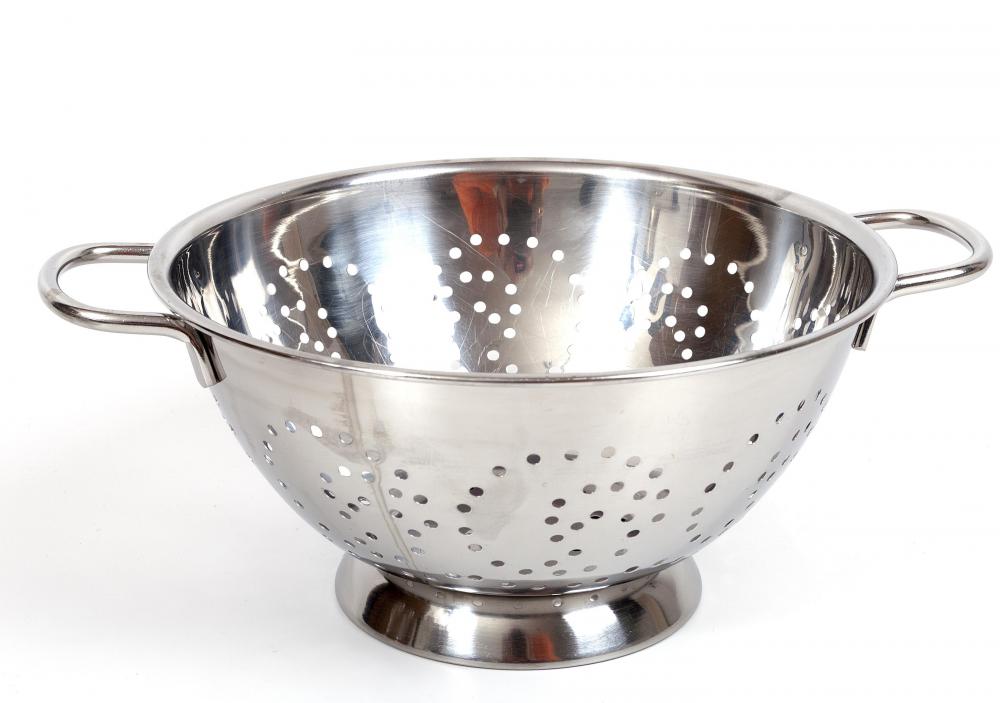At WiseGEEK, we're committed to delivering accurate, trustworthy information. Our expert-authored content is rigorously fact-checked and sourced from credible authorities. Discover how we uphold the highest standards in providing you with reliable knowledge.
What Is the Purpose of Salting Eggplant?
Eggplants are very popular vegetables that are used in many famous recipes, such as mousakka, ratatouille, and baba ghanoush. Preparing an eggplant for cooking is, in many cases, a very simple process. Some cooks prefer to submerge it in clear water for some time, while others prefer to salt it. Salting eggplant is believed to reduce its bitterness, remove the excess water, and help it absorb less oil during the cooking process. It also makes the eggplant less spongy or more firm.
Not all eggplants need to be salted. Fresh, young eggplants may taste bitter when raw but aren't bitter when they are cooked. Only the more mature, older eggplants really benefit from the salting process. Older eggplants have large, hard seeds that may be brown or black, containing acidic juices. These juices are drawn out during the sweating or purging process, which improves the taste of the eggplant when cooked.

Another benefit of salting eggplant is that it removes the excess water. All the air pockets in the egg plant collapse, and it acquires a much denser nature. This makes it less permeable when cooking, preventing it from soaking up a lot of oil during the cooking process. Typically, eggplants are notorious for soaking up huge amounts of oil when being fried. Salting eggplant also helps the slices to retain their shapes because of the firmer texture — this comes in useful when making dishes like eggplant parmigiana.

If the eggplant is being mashed, though, it may not be necessary to salt it at all unless it's really mature. Some people don't salt the eggplant if it's going to be used in dishes that contain really strong spices. Salting eggplant may also not be necessary when it is being cooked for long periods of time, such as in a stew or casserole.
The salting process usually involves peeling the vegetable and slicing, cubing, or quartering it. The cut-up eggplant can be placed in a colander, sprinkled generously with salt, and left for around half an hour or more. At this point, beads of moisture will be seen on top of the pieces. They can be patted away with absorbent paper towels until they are dry. Some cooks place heavy weights on eggplant pieces in the colander. This removes both the bitter juices and excess water in one go; they both drain away into a vessel placed underneath.
AS FEATURED ON:
AS FEATURED ON:












Discuss this Article
Post your comments